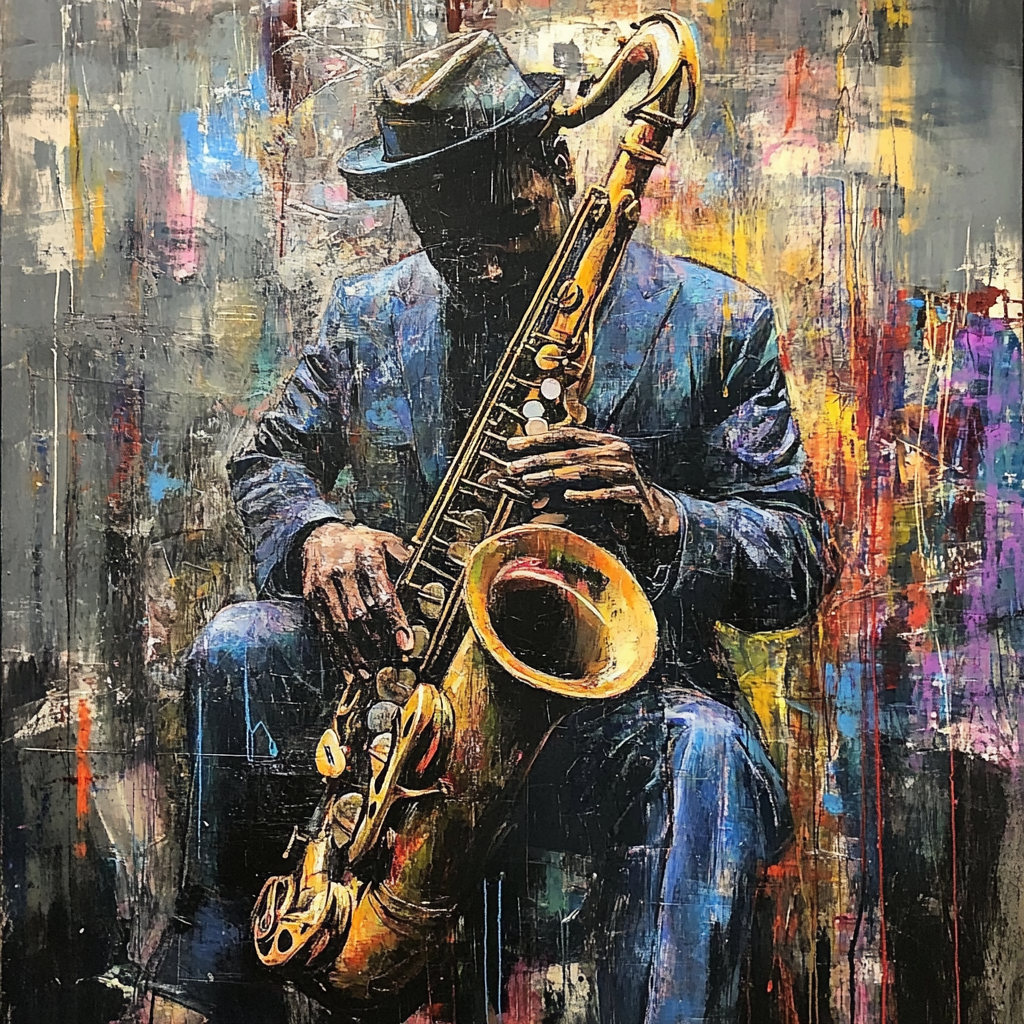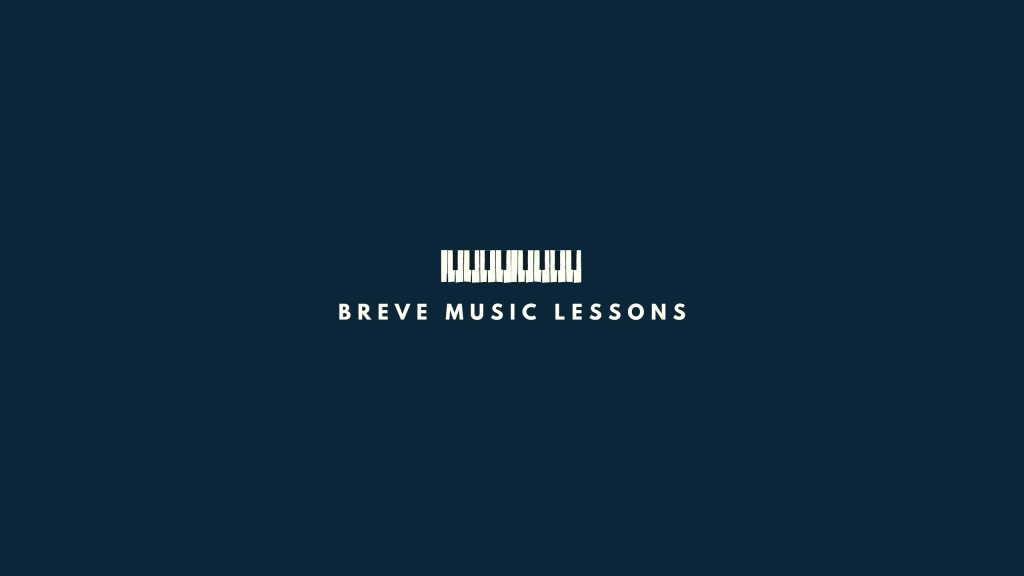Table of Contents
Guide to Jazz Improvisation: Learn Jazz Improvisation Like a Pro
Jazz improvisation is an art form that allows musicians to express their creativity and individuality through spontaneous musical creation. This guide aims to provide you with a comprehensive understanding of jazz improvisation, its significance in jazz music, and practical steps to master this skill. Whether you are a beginner or an experienced musician, learning how to improvise jazz can elevate your musical journey and enhance your performances.

What is Jazz Improvisation and Why is it Important?
Understanding the Basics of Jazz Improvisation
At its core, jazz improvisation is the process of creating music spontaneously, often over a predetermined chord progression. Unlike classical music, where musicians typically play from sheet music, jazz musicians are encouraged to improvise, allowing for personal expression and creativity. To learn jazz improvisation effectively, one must grasp the fundamental concepts of jazz theory, including scales, chords, and rhythm. Understanding these basics will provide a solid foundation for any aspiring jazz musician looking to develop their improvisational skills.
The Role of Jazz Improvisation in Jazz Music
Jazz improvisation plays a pivotal role in the genre, serving as a means for musicians to communicate and interact with one another. In a typical jazz ensemble, musicians take turns performing solos, showcasing their unique interpretations of the melody and harmony. This dynamic exchange creates a vibrant musical dialogue, making each performance distinct. Furthermore, improvisation allows musicians to explore various jazz standards, transforming familiar tunes into fresh, innovative expressions. As such, mastering jazz improvisation is essential for anyone who wants to excel in jazz music.
Common Myths About Playing Jazz Improvisation
There are several misconceptions surrounding jazz improvisation that can deter aspiring musicians. One common myth is that you must be a virtuoso to improvise effectively. In reality, learning how to improvise is a skill that can be developed over time with practice and dedication. Another misconception is that improvisation requires complete spontaneity; however, successful jazz improvisers often rely on a repertoire of jazz vocabulary and phrases they have internalized through practice. By debunking these myths, aspiring jazz musicians can approach improvisation with confidence and a willingness to learn.
How Do I Learn Jazz Improvisation?
Essential Jazz Theory for Beginners
To embark on your journey of learning jazz improvisation, it is crucial to familiarize yourself with essential jazz theory. This includes understanding the structure of jazz chords, the function of scales, and the importance of rhythm. Jazz theory provides the framework for improvisation, enabling musicians to navigate chord changes and create coherent solos. Beginners should focus on learning basic jazz scales, such as the major scale, minor scale, and blues scale, as these will serve as the building blocks for improvisation. Additionally, studying common jazz chord progressions will help you understand how to construct your solos effectively.
Key Jazz Scales to Practice
Practicing jazz scales is a fundamental aspect of learning how to improvise. Scales provide the notes that can be used to create melodies over chords. Some key jazz scales to focus on include the major scale, minor scale, pentatonic scale, and the diminished scale. Each scale has its unique sound and application, allowing you to explore different musical ideas. For instance, the blues scale is particularly effective for creating soulful, expressive solos, while the major scale can be used to convey a brighter, more uplifting sound. Incorporating these scales into your practice plan will enhance your ability to improvise jazz effectively.
Creating a Practice Plan for Jazz Improvisation
To become a better jazz musician, it is essential to establish a structured practice plan. This plan should include a mix of technical exercises, scale practice, and improvisation over jazz standards. Dedicate time each day to practicing jazz scales and chords, followed by improvising over backing tracks or with a metronome. Additionally, consider transcribing solos from great jazz musicians to learn their phrasing and jazz language. By consistently practicing and refining your skills, you will develop the confidence needed to improvise jazz solos in various musical contexts.
What are the Best Techniques to Improvise Jazz?
Understanding Chords and Their Role in Jazz Solos
Chords are the backbone of jazz music, and understanding their role is crucial for effective improvisation. Each chord has a specific function within a progression, and knowing how to navigate these changes will enhance your solos. Jazz musicians often use chord tones, which are the notes that make up a chord, as a foundation for their improvisation. By targeting these tones during your solos, you can create melodies that are harmonically rich and engaging. Additionally, exploring chord extensions and alterations can add depth and complexity to your improvisation, allowing you to create more sophisticated jazz solos.
Learning Jazz Language for Effective Improvisation
Jazz language refers to the phrases, licks, and motifs that are commonly used in jazz improvisation. To become a proficient jazz improviser, it is essential to learn jazz language by listening to recordings of great jazz musicians and transcribing their solos. This process will help you internalize the nuances of jazz phrasing and rhythm, enabling you to incorporate these elements into your own improvisation. As you build your jazz vocabulary, you will find it easier to express your musical ideas and connect with other musicians during performances.
Listening to Jazz: Developing Your Jazz Ear Training
Developing your jazz ear is a vital component of learning how to improvise. Active listening allows you to identify chord changes, melodies, and rhythms, which are essential for effective improvisation. Spend time listening to a variety of jazz recordings, paying attention to how different musicians approach improvisation. Try to replicate their phrases and incorporate them into your own playing. Additionally, practicing ear training exercises, such as identifying intervals and chord progressions, will enhance your ability to improvise jazz in real-time, making you a more versatile musician.
How to Practice Jazz Improvisation Effectively?
Setting Up a Productive Practice Session
Creating a productive practice environment is essential for effective jazz improvisation. Find a quiet practice room where you can focus without distractions. Set specific goals for each practice session, whether it’s mastering a particular scale, learning a new jazz standard, or working on your improvisation skills. Use a metronome to develop your sense of timing and rhythm, and record your practice sessions to track your progress. By establishing a routine and maintaining a focused mindset, you will maximize your practice time and improve your jazz improvisation skills.
Incorporating Jazz Standards into Your Practice
Jazz standards are an integral part of jazz music and provide a rich source of material for improvisation. Incorporating these tunes into your practice will help you learn how to navigate common chord progressions and develop your improvisational skills. Start by learning the melody and chords of a jazz standard, then practice improvising over the changes. Experiment with different scales and approaches to create unique solos. As you become more comfortable with jazz standards, you will find it easier to improvise in various musical situations, enhancing your overall musicianship.
Tips for Practicing Jazz Solos
When practicing jazz solos, it is important to approach the process with intention and creativity. Begin by selecting a solo from a jazz musician you admire and transcribe it note for note. Analyze the phrasing, rhythm, and use of scales within the solo. Once you have internalized the solo, try to improvise variations on it, using the same chord changes but altering the melody. This exercise will help you develop your unique voice as a jazz improviser while also reinforcing your understanding of jazz language and theory. Remember, the goal is not just to replicate but to innovate and express your musical identity.
How to Master Jazz Improvisation Over Time?
Building Your Own Jazz Vocabulary
As you progress in your journey to master jazz improvisation, it is essential to build your own jazz vocabulary. This involves collecting phrases, licks, and ideas that resonate with you and incorporating them into your playing. Spend time experimenting with different musical ideas and styles, allowing your unique voice to emerge. By developing a personal jazz vocabulary, you will enhance your ability to improvise and create compelling solos that reflect your musical identity.
Advanced Jazz Theory Concepts for Improvisers
Once you have a solid grasp of the basics, delving into advanced jazz theory concepts can further enhance your improvisational skills. Explore topics such as modal interchange, altered chords, and advanced chord progressions. Understanding these concepts will allow you to navigate more complex harmonic structures and create sophisticated solos. Additionally, studying the works of influential jazz musicians can provide valuable insights into their improvisational techniques, helping you to expand your musical horizons.
Finding Your Unique Voice as a Jazz Musician
Ultimately, mastering jazz improvisation is about finding your unique voice as a jazz musician. Embrace your individuality and allow your personal experiences and influences to shape your musical expression. Experiment with different styles, techniques, and approaches to improvisation, and don’t be afraid to take risks. The journey to becoming a great jazz improviser is ongoing, and with dedication, practice, and a willingness to learn, you will develop the skills necessary to express yourself authentically through jazz music.
Additional Reading
More blog posts can be found here. Consider following Breve Music Lessons on Facebook.
